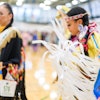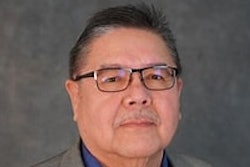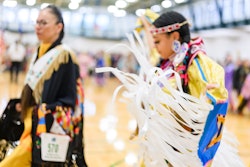PROVIDENCE R.I.
Dennis Champlain’s grandfather helped win federal recognition for the Narragansett Indian Tribe. Later, Champlain danced in tribal powwows. He teaches his children that they are Narragansetts.
Yet the Narragansetts say he no longer is.
Champlain and his extended family are among thousands of people removed from American Indian tribes in recent years, often amid tribal squabbles or when a casino comes to town. Tribal officials say they have the right to decide who’s a member and to prevent fraud from people angling for a share of gambling money. But many of those kicked out complain they have little recourse to fight what amounts to an attack on their identity.
“We’re in the process of a redefinition of tribal identity at its core,” said Dr. David Wilkins, a political scientist at the University of Minnesota and a member of North Carolina’s Lumbee Tribe. “It’s ramping up in a way that’s really quite frightening to a lot of Native people.”
Wilkins traces most purges to four factors: internal political squabbles, stricter racial requirements for membership, punishment for gang or drug-related crime and, most often, during debates over sharing casino profits.














